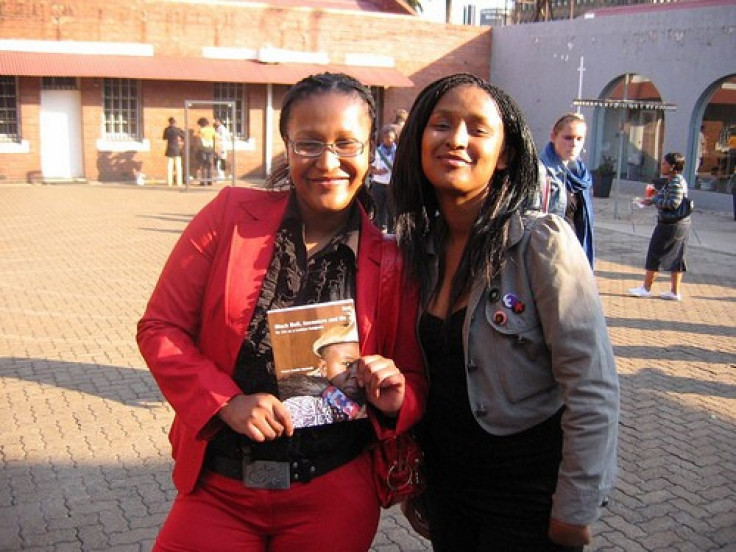Violence, Discrimination Against Lesbians in South Africa Widespread, Pervasive: HRW

While South Africa is the only nation in Africa that guarantees civil rights to homosexuals and lesbians under its Constitution, violence and discrimination against lesbians, bisexual women and transgendered men group remains widespread, according to a report from Human Rights Watch (HRW).
“The threat of violence that dominates the lives of lesbians, bisexual women, and transgender men, particularly in poorer and non-urban areas, beggars belief,” said Dipika Nath, HRW’s researcher in the lesbian, gay, bisexual, and transgender (LGBT) rights program in a statement.
“South Africa, at the forefront of the fight for legal equality on LGBT issues internationally, is desperately failing lesbian and transgender people in their everyday lives at home.”
HRW describes the climate against lesbians and transgender men in South African townships and rural areas as “overwhelming.” Moreover, gays receive abuse not only from ordinary citizens, but also from government agencies, the human rights organization asserted.
The 93-page report, entitled “We’ll Show You You’re a Woman’: Violence and Discrimination Against Black Lesbians and Transgender Men,” highlights many examples of abuse, up to and including rape, of lesbians across South Africa.
In one particularly harrowing incident, a lesbian told HRW researchers: “He had seen my lesbian friends coming home and he talked about how we all dress like men. He dragged me to the bushes. There was no one around. He told me to take off my pants. I was refusing but he was beating me. He raped me until it was late at night. … I saw the guy after that, too. A week later I heard he had raped another girl. He was arrested but he came out three days later and beat her up so badly, she was in hospital for three weeks. I was so scared.”
Another young lesbian woman told HRW: “I was walking back from the club. Four guys raped me. I was screaming. They said to me, ‘We just wanted to show you you’re a woman.’ I thought it was my fault. I thought maybe by saying openly [that] I was a lesbian, I provoked them. That’s the whole thing. They believe women should [only] be with men.”
HRW said that almost of the people it spoke to not only live in fear of sexual assault, but are also unwilling to report such abusive behavior and crimes to the local police.
“In many instances, interviewees said, police did not respond appropriately when interviewees sought justice, or even compounded the initial abuse,” HRW stated.
“Virtually all of those interviewed who tried to report physical or sexual violence to the police faced ridicule, harassment, and secondary victimization by police personnel.”
Aside from criminal violence, HRW’s report underlined that lesbians and transgenders also encounter significant discrimination in the fields of education and employment.
“Legal rights are important and can be empowering, but they are meaningless in the face of the abuse, intimidation, and violence that people with unconventional gender and sexual expression face on a daily basis,” Nath added.
“The government’s job does not end with passing rights-protecting legislation but also lies in ensuring that the laws translate into substantive rights for everyone, including the most marginalized groups and individuals.”
© Copyright IBTimes 2024. All rights reserved.











